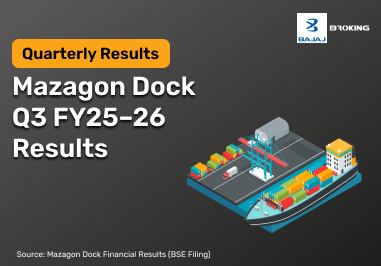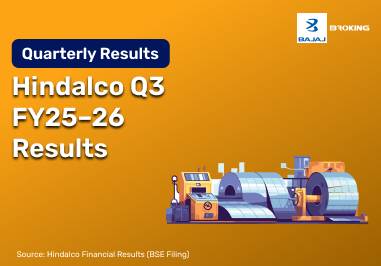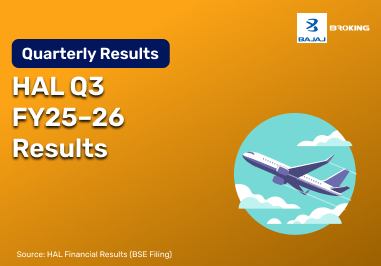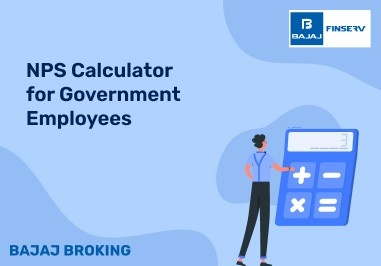A non-repatriable demat account is used to hold securities by Non-Resident Indians (NRIs) but it provides limited manoeuvrability to transfer the proceeds of sale. Except for this limitation, it is a usual demat account, that is it acts as a digital locker and stores shares, bonds, and other securities in electronic form and keeps everything tidy in one place.
The non-repatriable meaning in the context of NRI investments refers to funds that cannot be transferred outside India. When NRIs use a non-repatriable demat account, the money invested in the securities held in this account must remain within India and cannot be moved abroad. Many NRIs choose this type of account to keep a portion of their wealth rooted in the country. Some prefer steady access to the Indian market, while others feel comfortable tracking long-term holdings that stay close to home.
In practice, NRIs can invest, receive dividends, and manage their securities through the non-repatriable account. Yet the funds stay within India. This makes the NRIs understand the non-repatriable meaning, and the structure to keep investments active while adhering to the rules that apply to cross-border accounts.















